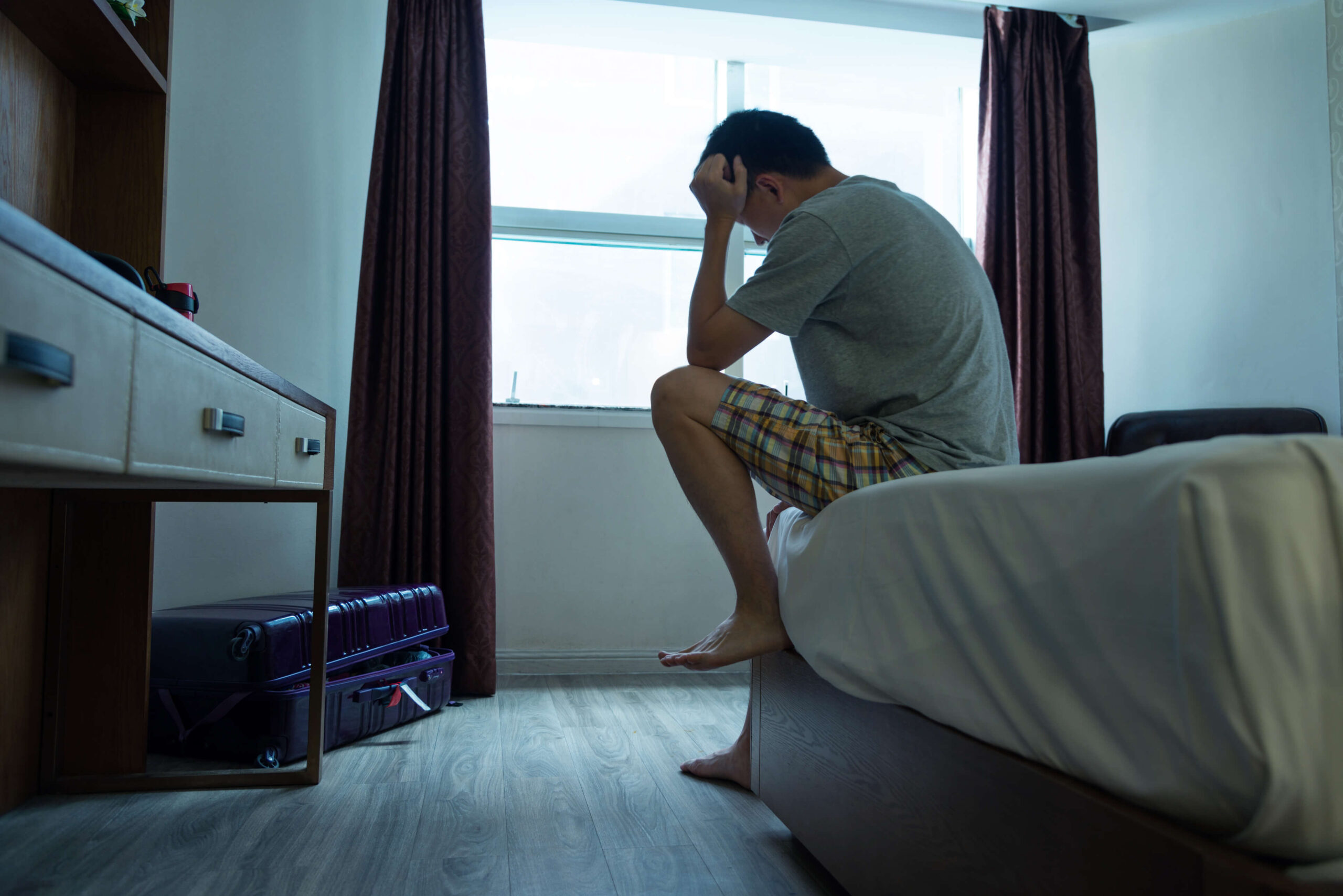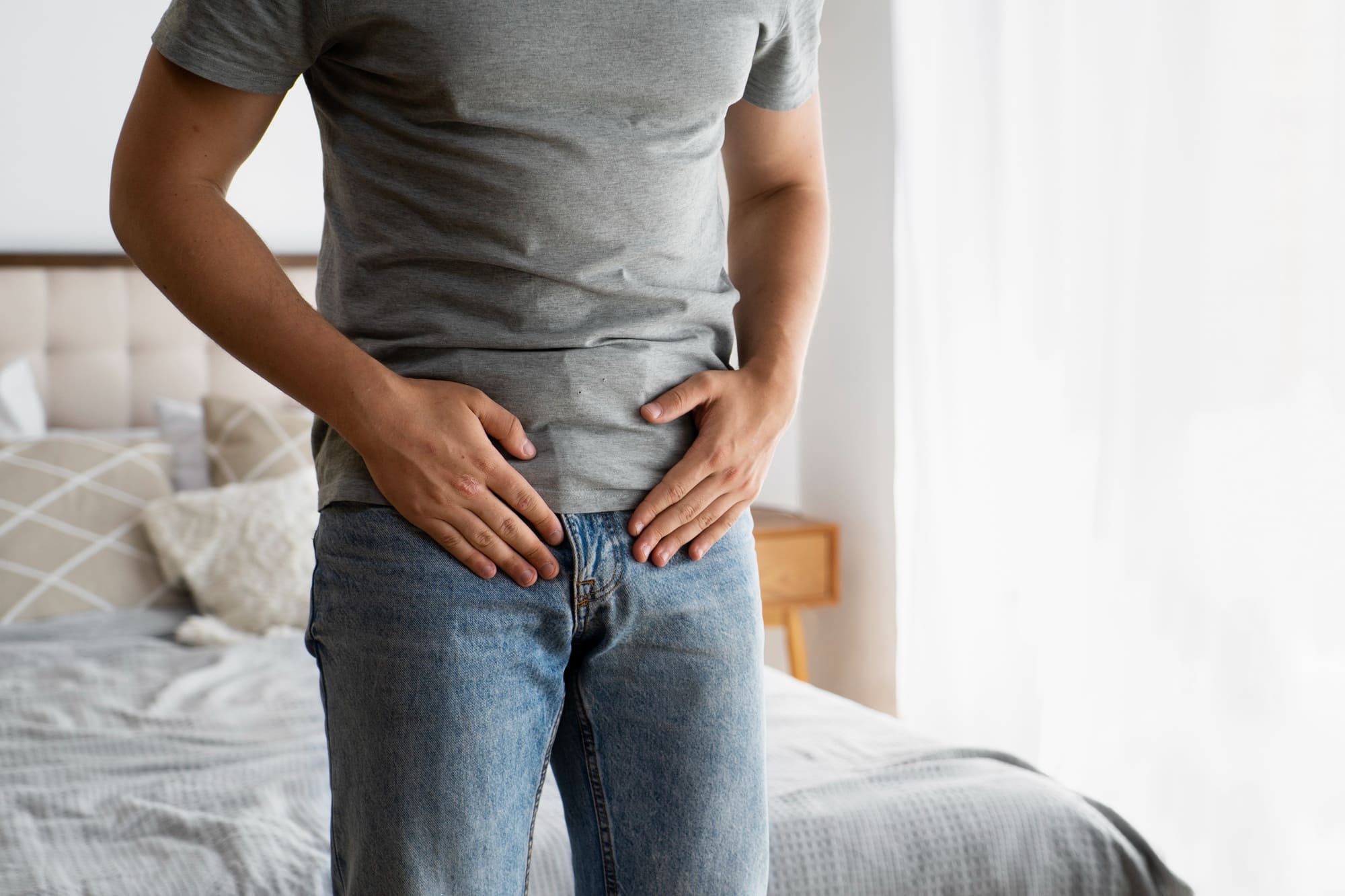Prostatitis refers to the inflammation of the prostate gland, a vital component of the male reproductive system located just below the bladder. This condition manifests in various forms, ranging from acute bacterial infections to chronic pain syndromes. A significant concern arising from prostatitis is its potential to cause sexual dysfunction. This dysfunction might manifest as erectile problems, pain during ejaculation, or reduced libido. This article will go into detail on the connection between prostatitis and sexual dysfunction.
Understanding Prostatitis
The condition is categorised into four primary types:
Acute Bacterial Prostatitis
This is a sudden bacterial infection marked by inflammation of the prostate. Symptoms include fever, chills, malaise, burning sensation during urination, and frequent urination.
Chronic Bacterial Prostatitis
A recurrent bacterial infection that is less severe than its acute counterpart. While it may come and go over time, symptoms often include a frequent urge to urinate, lower abdominal pain, and a burning sensation during urination.
Chronic Pelvic Pain Syndrome (CPPS)
This is the most common form of prostatitis, but its cause remains unclear. Symptoms can be variable, ranging from pain in the area between the rectum and testicles, discomfort in the pelvic area, and painful urination.
Asymptomatic Inflammatory Prostatitis
This form does not present any clear symptoms. It is usually discovered when being evaluated for other urinary tract or reproductive issues. Inflammation is detected through tests, even in the absence of symptoms.
Sexual Dysfunction and Its Connection with Prostatitis
Sexual dysfunction encompasses a variety of disorders that can affect any phase of the sexual response cycle. This includes issues like reduced sexual desire, difficulty in achieving or maintaining an erection, premature or delayed ejaculation, and pain during sexual activity.
Physiological Aspects
Inflammation of the prostate can disrupt blood flow to the penile region, hampering the ability to achieve or sustain an erection. Pain and discomfort due to the swelling can also deter sexual activity or result in premature ejaculation.
Psychological Aspects
Chronic pain and discomfort, commonly associated with some types of prostatitis, can lead to anxiety or depression. These mental health concerns can subsequently reduce sexual desire or cause performance anxiety.
Symptoms of Sexual Dysfunction Related to Prostatitis
Prostatitis, an inflammation or infection of the prostate gland, can have a significant impact on a man’s sexual health. While the primary symptoms of prostatitis often revolve around pain, discomfort, and urinary issues, it can also lead to various forms of sexual dysfunction. Here’s a closer look at some of the sexual symptoms associated with prostatitis:
Erectile Dysfunction
Erectile dysfunction (ED) refers to the inability to achieve or maintain an erection firm enough for sexual intercourse.
Relation to Prostatitis: The inflammation and pain caused by prostatitis can interfere with the nerve functions and blood flow necessary for an erection. Additionally, the psychological stress and anxiety stemming from chronic pain can further exacerbate ED.
Manifestations: Men with ED may experience consistent difficulty in achieving an erection, a decrease in the firmness of erections, or an inability to sustain an erection long enough for sexual activity.
Reduced Libido or Sexual Desire
Libido refers to one’s sexual drive or desire for sexual activity.
Relation to Prostatitis: Chronic pain and discomfort, coupled with the general malaise associated with infections, can lead to a decreased interest in sexual activity. Additionally, the medications used to treat prostatitis can sometimes have side effects that reduce libido.
Manifestations: Men might notice a diminished interest in sexual activity, a lack of sexual fantasies, or a reluctance to initiate or participate in sexual encounters.
Painful Ejaculation or Difficulty Achieving Orgasm
Dysorgasmia refers to pain during or after ejaculation, and anorgasmia refers to the regular inability to achieve orgasm after ample sexual stimulation.
Relation to Prostatitis: The inflammation of the prostate can make ejaculation painful. Additionally, the pain and discomfort from prostatitis can make reaching an orgasm challenging.
Manifestations: Men might experience sharp, burning, or aching pain during or after ejaculation. Some might find it challenging to reach the point of orgasm, even with prolonged stimulation.
Premature or Delayed Ejaculation
Premature ejaculation is when ejaculation occurs sooner than desired, often within a minute of penetration. Delayed ejaculation, on the other hand, is when it takes a prolonged period of sexual stimulation to ejaculate or not being able to ejaculate at all.
Relation to Prostatitis: The sensitivity and pain from prostatitis can lead to a quicker response and result in premature ejaculation. Conversely, the pain or the psychological effects of dealing with a chronic condition can lead to delayed response.
Manifestations: Men might find themselves ejaculating sooner than they or their partners would like, leading to dissatisfaction. Alternatively, they might experience prolonged sexual encounters without reaching the point of ejaculation.
Conclusion
Recognising the symptoms of prostatitis and understanding its potential ramifications on sexual function can empower individuals to take timely action. Those experiencing any signs or symptoms linked to prostatitis or sexual dysfunction should promptly consult with a urologist. Early detection and intervention can greatly improve outcomes and enhance the quality of life.


